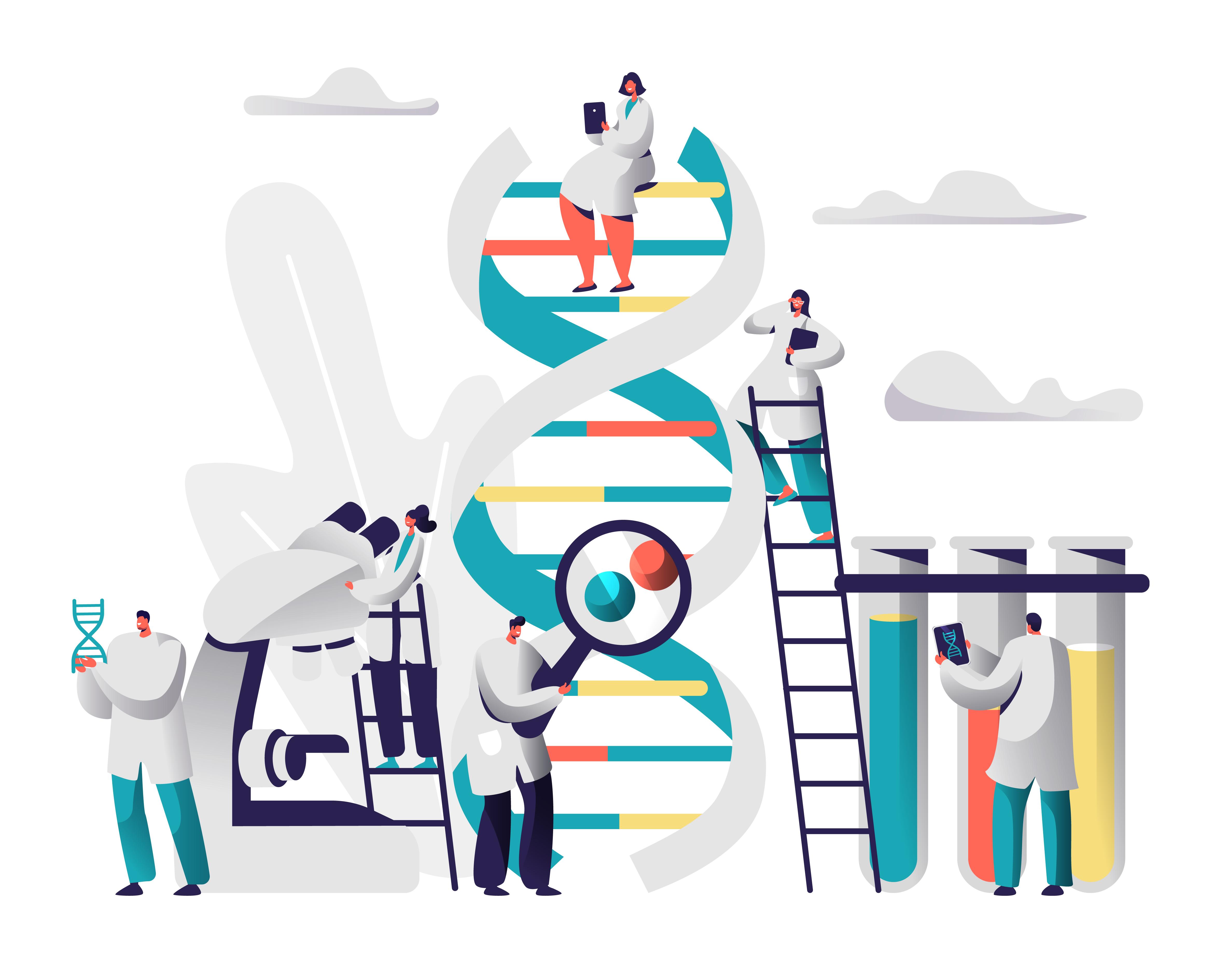Who’s Paying for Million-Dollar Gene Therapies?
By Karen Fischer,
BioSpace
| 06. 12. 2024
When Orchard Therapeutics announced the $4.25 million price tag in March for its newly approved rare disease gene therapy Lenmeldy, it became the most expensive on the market. But since 2019, the FDA has approved five others that cost more than $2 million. Some insurers, even when legally required, are not having it when it comes to paying out the cost of a treatment.
A November 2023 ProPublica investigation found that insurance provider Priority Health quietly nixed coverage of gene therapies as a cancer treatment, even though under Michigan state law the payer was required to cover clinically effective cancer drugs. The gene therapy in question, CAR-T, was the last hope for patient Forrest VanPatten to recover from an aggressive case of lymphoma. According to ProPublica, his CAR-T treatment was estimated to cost $475,000. VanPatten died while waiting for the results of his third request for coverage.
Globally, many healthcare systems are choosing not to cover gene therapies at all. Even though every health regulatory body reviews the same scientific and trial information, Canada and countries across Europe have completely different...
Related Articles
By Jared Whitlock, Endpoints News | 10.09.2025
When Nirnay Murthy learned about a treatment for his toddler son’s rare condition, relief quickly gave way to disappointment.
A one-time gene therapy called Zolgensma from the Swiss drugmaker Novartis can halt spinal muscular atrophy, a deadly condition that causes...
By Meagan Parrish, PharmaVoice | 10.10.2025
When CEO Ben Lamm steps into the spotlight, it’s usually to talk about his efforts bringing extinct animals back to life. Once a far-flung idea, Lamm and the company he heads, Colossal Biosciences, have proven they can pull it off...
By Rob Stein, NPR | 09.30.2025
Scientists have created human eggs containing genes from adult skin cells, a step that someday could help women who are infertile or gay couples have babies with their own genes but would also raise difficult ethical, social and legal issues...
By Daniel Hildebrand, The Humanist | 10.01.2025
When most people hear the word eugenics, they think of dusty history textbooks and black-and-white photographs: forced sterilizations in the early 20th century, pseudoscientific charts measuring skulls, the language of “fitness” used to justify violence and exclusion. It feels like...




